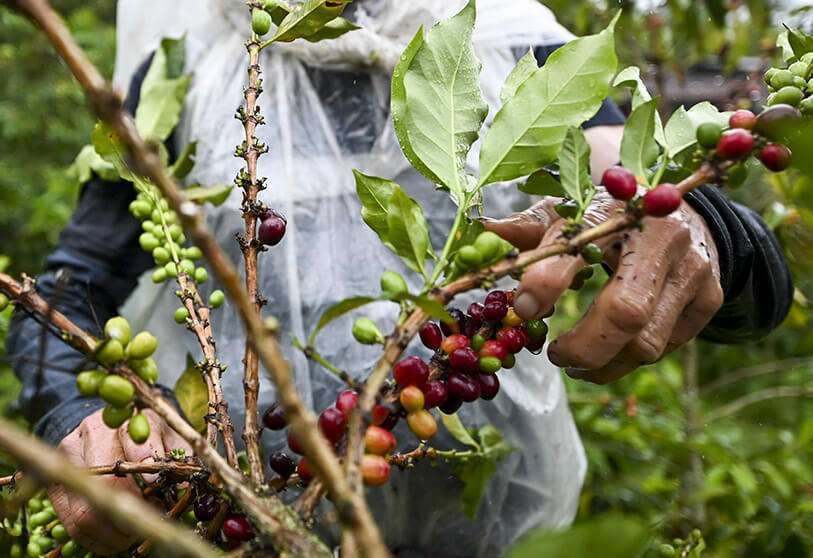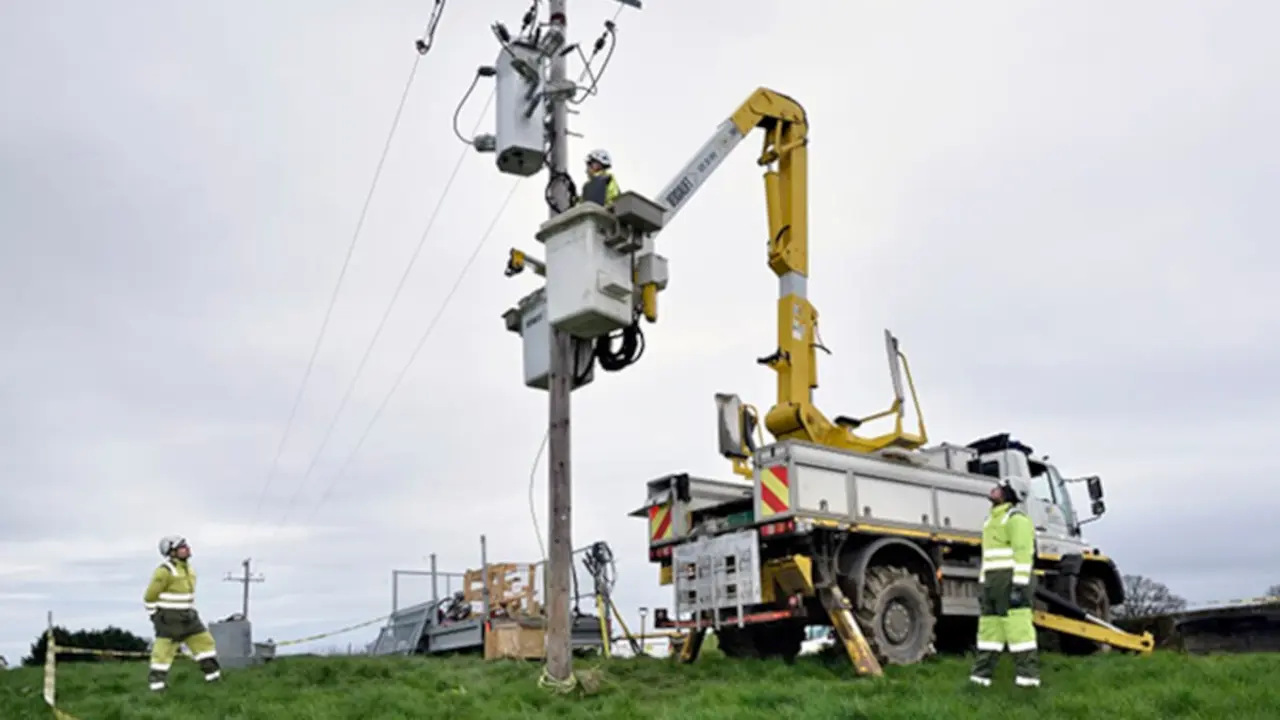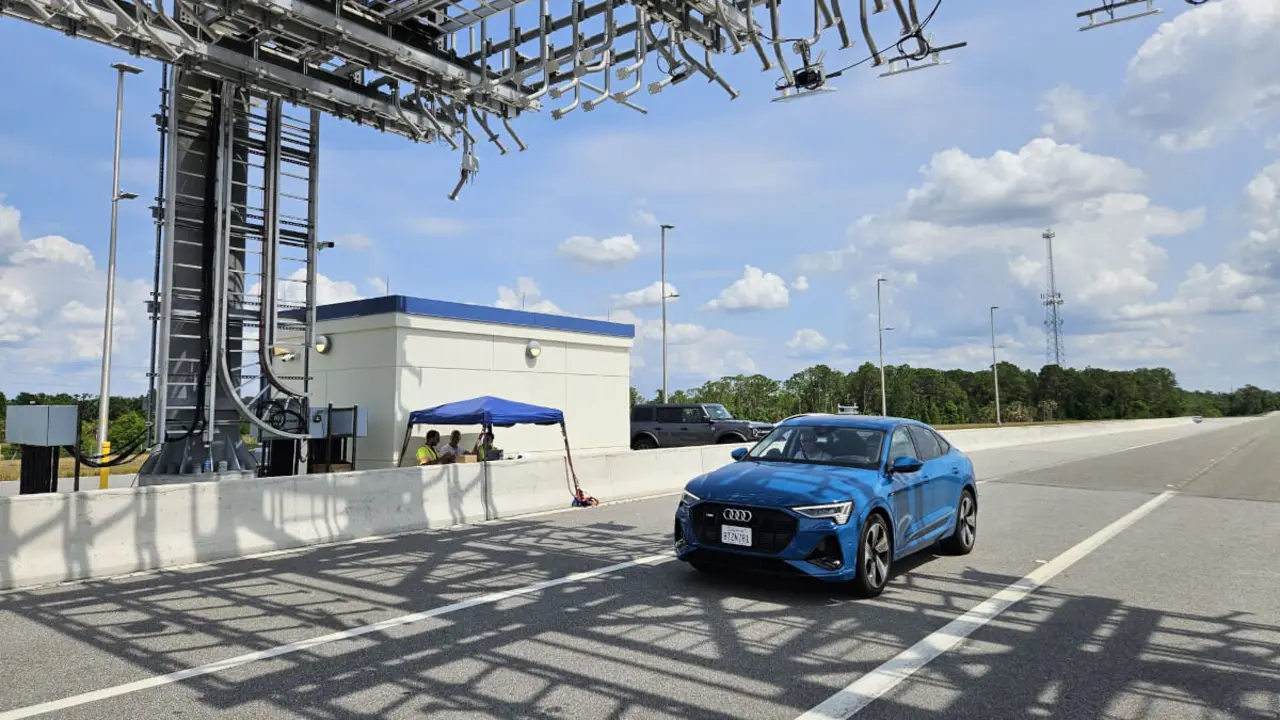Vietnam's coffee crisis

After a surge in the price of robusta coffee due to severe frosts in Brazil, the situation in Vietnam accentuates the coffee crisis. According to the Intimex Group and Simexco Daklak, two large shipping companies, shipments from Vietnam are declining because of the coronavirus pandemic, major container shortages and farmers' stock-outs. The two companies estimate that the drop in exports will continue until September.
"Farmers say they have run out of grain. We haven't bought or sold a gram for more than a month," says Do Ha Nam, president of the Intimex group. As a result of this crisis in Vietnamese plantations, coupled with recent frosts in Brazil, Arabica bean prices have reached their highest since 2014. This month the cost of arabica rose by 25% while robusta rose by 13%.
"High transportation costs have deterred importers from buying beans in Vietnam. We have no new contracts to buy beans from farmers," warns Van Hong Anh, managing director of Quang Minh Coffee Trading. A container shipment from Vietnam to Europe costs as much as $10,000, a figure that has increased sevenfold in one year. As a result, Anh estimates that his company's exports will fall by 20 per cent.

In addition to logistical problems, it is worth noting the impact COVID-19 is having on the coffee crisis. Five key coffee-growing regions in Vietnam are experiencing an increase in deaths. As reported by the country's Ministry of Health, infections have risen to 300 in just one week. Moreover, some coffee-growing areas have imposed house confinement, such as in Dak Lak, which produces about a third of the country's coffee.
Coffee businesses fear that the virus will worsen until the main harvest in November. Five of the 11 traders surveyed expect a new crop, two of them even saying it could be 6-10 per cent higher than last year's harvest of 1.7 million tonnes. However, according to the Bureau of Statistics, exports so far this year are down 9% from last year.

The effects of the pandemic on Asian plantations have a global impact. The Allegra Group, a market research company, estimated that it would take two years for US coffee shop chains to recover from the pandemic. The decline in sales amounted to $11.5 billion due to restrictions and confinements. Some of the companies affected include Starbucks and Dunkin Donuts.
"With the mass administration of vaccines and companies adapting quickly to new business formats, there is now light at the end of the tunnel after a challenging year. Sales are effective from summer 2021, but it will take several years for operators to fully adapt to the new normal," explains Jeffrey Young, founder and CEO of the Allegra Group. According to the United States Department of Agriculture (USDA), demand for the grain is expected to exceed production for the first time since 2017.

In addition to the logistical and sanitary problems in Vietnam and the frost in Brazil, the situation in Colombia also worsens the coffee problem. Recent mass protests in the Latin American country blocked roads preventing beans from reaching ports for export. It is estimated that around 100 million people worldwide make their living from the commodity, many of them in low-income countries.








